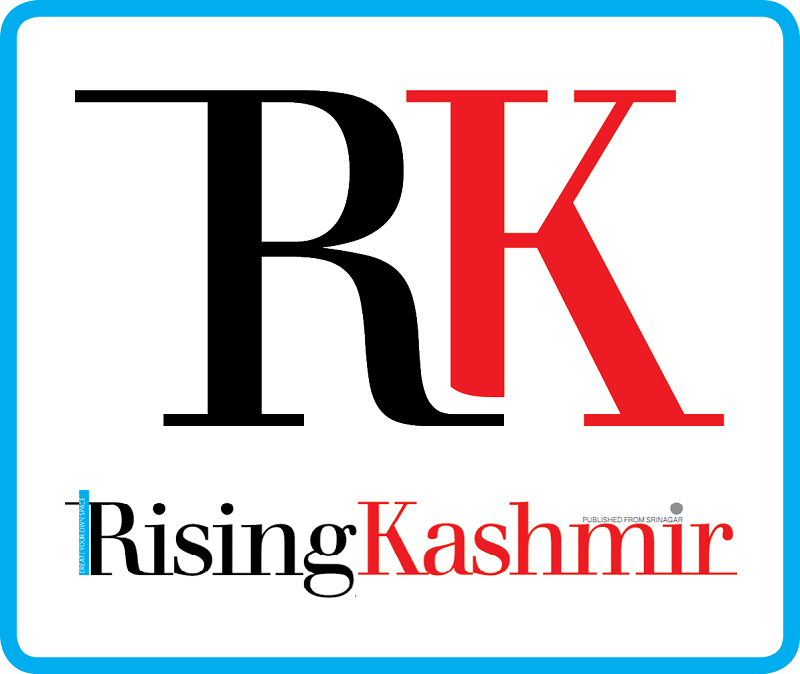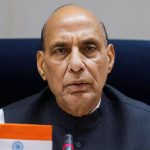The political echo system, characterized by the amplification and reinforcement of certain political narratives, plays a significant role in shaping public opinion and influencing electoral outcomes. In the context of Indian elections, this phenomenon is particularly pronounced due to the country’s diverse media landscape, vibrant social media presence, and extensive grassroots political networks. This essay explores how the echo system in Indian politics influences common people, examining the role of media, social media, interpersonal communication, and community networks in shaping public perceptions and electoral behavior.
One of the primary channels through which the political echo system operates is the media. In India, media outlets, including television channels, newspapers, and online platforms, often have distinct political leanings and biases. During election campaigns, these outlets play a crucial role in shaping public opinion by selectively amplifying certain narratives while downplaying or ignoring others. For example, biased reporting and sensationalized coverage can sway public perceptions of political parties and candidates, ultimately influencing voting decisions. The influence of the media in the echo system underscores the importance of promoting journalistic integrity, media diversity, and balanced reporting in Indian democracy.
In recent years, social media has emerged as a powerful tool in the political echo system, particularly in India. Political parties and their supporters actively leverage platforms like Facebook, Twitter, and WhatsApp to disseminate propaganda, misinformation, and targeted messaging to a wide audience. Social media echo chambers further reinforce existing beliefs and ideologies, making it challenging for individuals to access diverse perspectives and critically evaluate information. Moreover, the proliferation of fake news and misinformation on social media exacerbates polarization and undermines the credibility of democratic institutions. Addressing the influence of social media in the political echo system requires concerted efforts to combat misinformation, promote digital literacy, and regulate online content.
Beyond traditional and digital media, interpersonal communication plays a crucial role in the political echo system in India. Politics is deeply embedded in social, cultural, and religious identities, shaping individuals’ political views and preferences. Family, friends, and community leaders often influence individuals’ perceptions of political parties and leaders, reinforcing specific ideologies and narratives within social networks. In many cases, these interpersonal echo chambers can be more influential than mass media in shaping public opinion and electoral behavior. Recognizing the significance of interpersonal communication in the echo system highlights the importance of fostering inclusive dialogue, promoting civic engagement, and building bridges across social divides.
Community networks, including religious, caste-based, and regional associations, also contribute to the political echo system in India. These networks serve as platforms for mobilizing support, disseminating propaganda, and organizing political campaigns at the grassroots level. Political parties often rely on community leaders and influencers to rally support and consolidate votes along identity lines. The influence of community networks in the echo system underscores the complex interplay between politics, identity, and social cohesion in Indian society. Efforts to promote inclusive governance, address social inequalities, and empower marginalized communities are essential in mitigating the divisive effects of identity-based politics on Indian democracy.
The political echo system in Indian elections is indeed intricate, with various elements intertwining to shape public opinion and influence electoral outcomes. At its core, this ecosystem encompasses traditional media outlets, social media platforms, interpersonal communication channels, and community networks. Each of these components plays a crucial role in shaping voter perceptions, disseminating political messages, and mobilizing support for different political parties and candidates.
One of the primary challenges posed by this complex ecosystem is the potential for misinformation and polarization. In recent years, the rise of fake news and the spread of divisive narratives on social media have heightened concerns about the integrity of the democratic process. Additionally, the echo chamber effect, where individuals are exposed only to information that aligns with their pre-existing beliefs, can exacerbate political polarization and hinder constructive dialogue.
To address these challenges and strengthen India’s political echo system, a comprehensive approach is necessary. Regulatory interventions can play a crucial role in combating misinformation and promoting transparency in political communication. This may involve measures to regulate social media platforms, enhance campaign finance laws, and ensure equitable access to media outlets for all political parties.
Media literacy programs also have a vital role to play in empowering citizens to critically evaluate information and discern fact from fiction. By equipping individuals with the skills to navigate the media landscape effectively, these programs can help inoculate the public against the influence of misinformation and propaganda.
Furthermore, efforts to promote inclusive dialogue and social cohesion are essential for fostering a more robust and inclusive democracy. This entails creating platforms for constructive engagement between different segments of society, including marginalized communities whose voices are often marginalized in political discourse. By amplifying diverse perspectives and fostering mutual understanding, India can build a more resilient democracy that reflects the aspirations of all its citizens.
In addition to these measures, strengthening democratic institutions is paramount. This includes ensuring the independence and impartiality of electoral bodies, promoting transparency in governance, and safeguarding the rule of law. By upholding democratic principles and values, India can build public trust in the political process and reinforce the foundations of its democracy.
Ultimately, addressing the influence of the political echo system requires a concerted effort from various stakeholders, including government agencies, civil society organizations, media outlets, and individual citizens. By working together to promote transparency, accountability, and inclusivity, India can build a political echo system that serves the interests of its diverse population and strengthens democratic governance.
(The writer is a columnist and can be reached at: [email protected])








